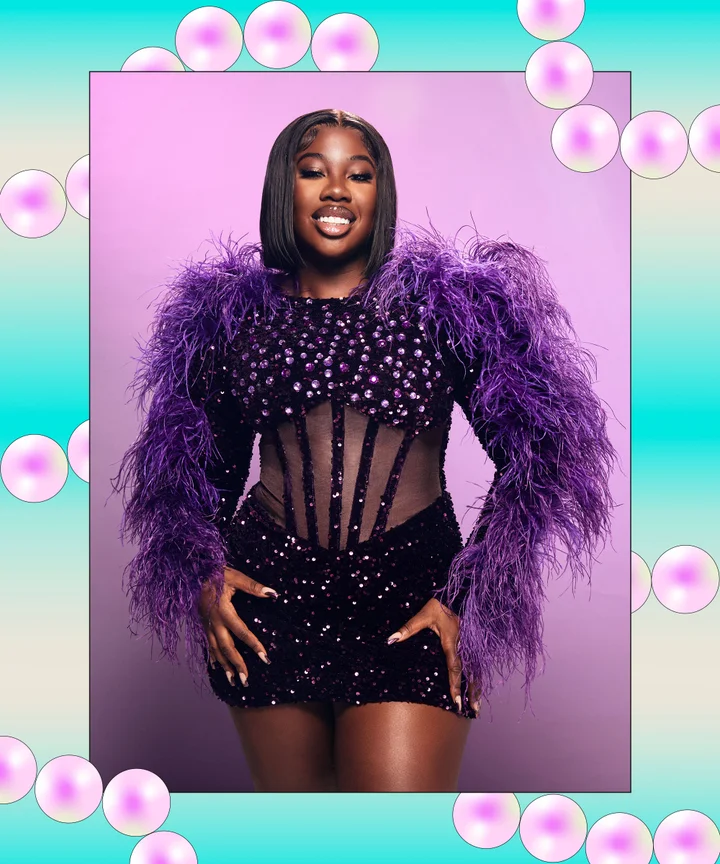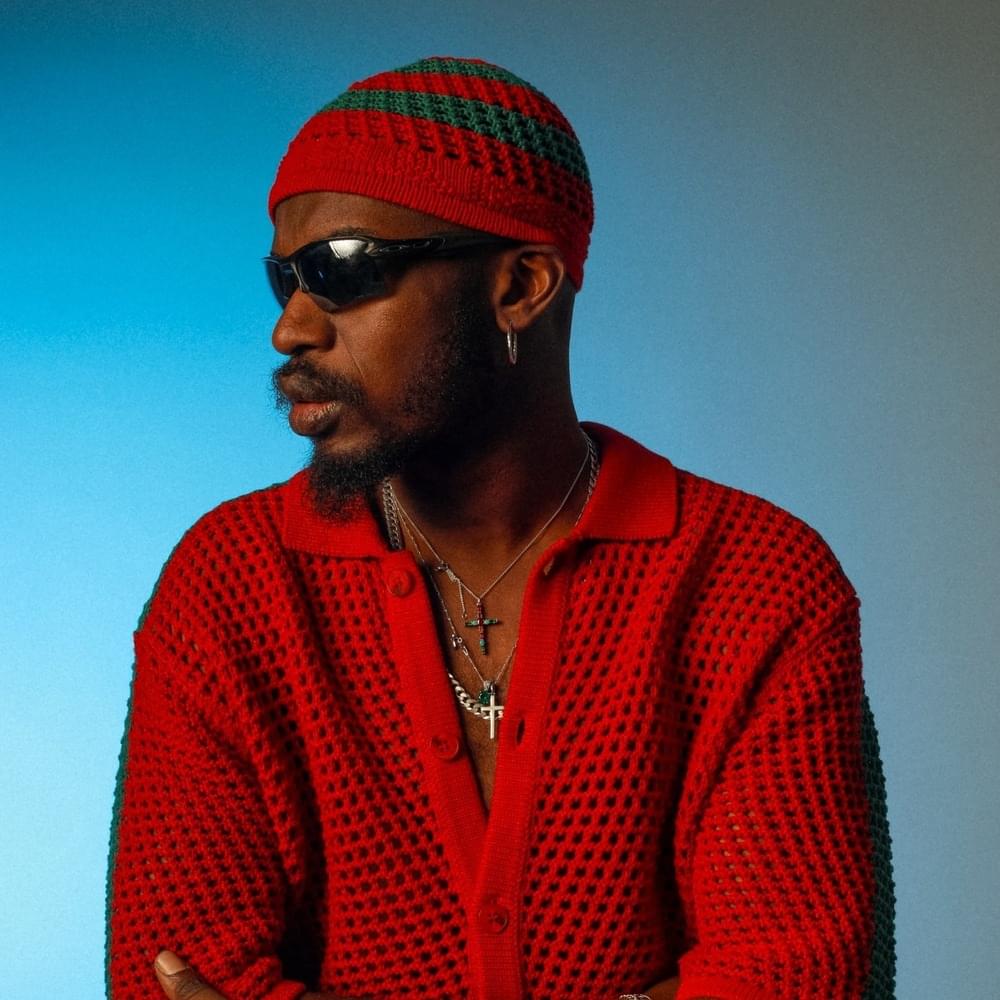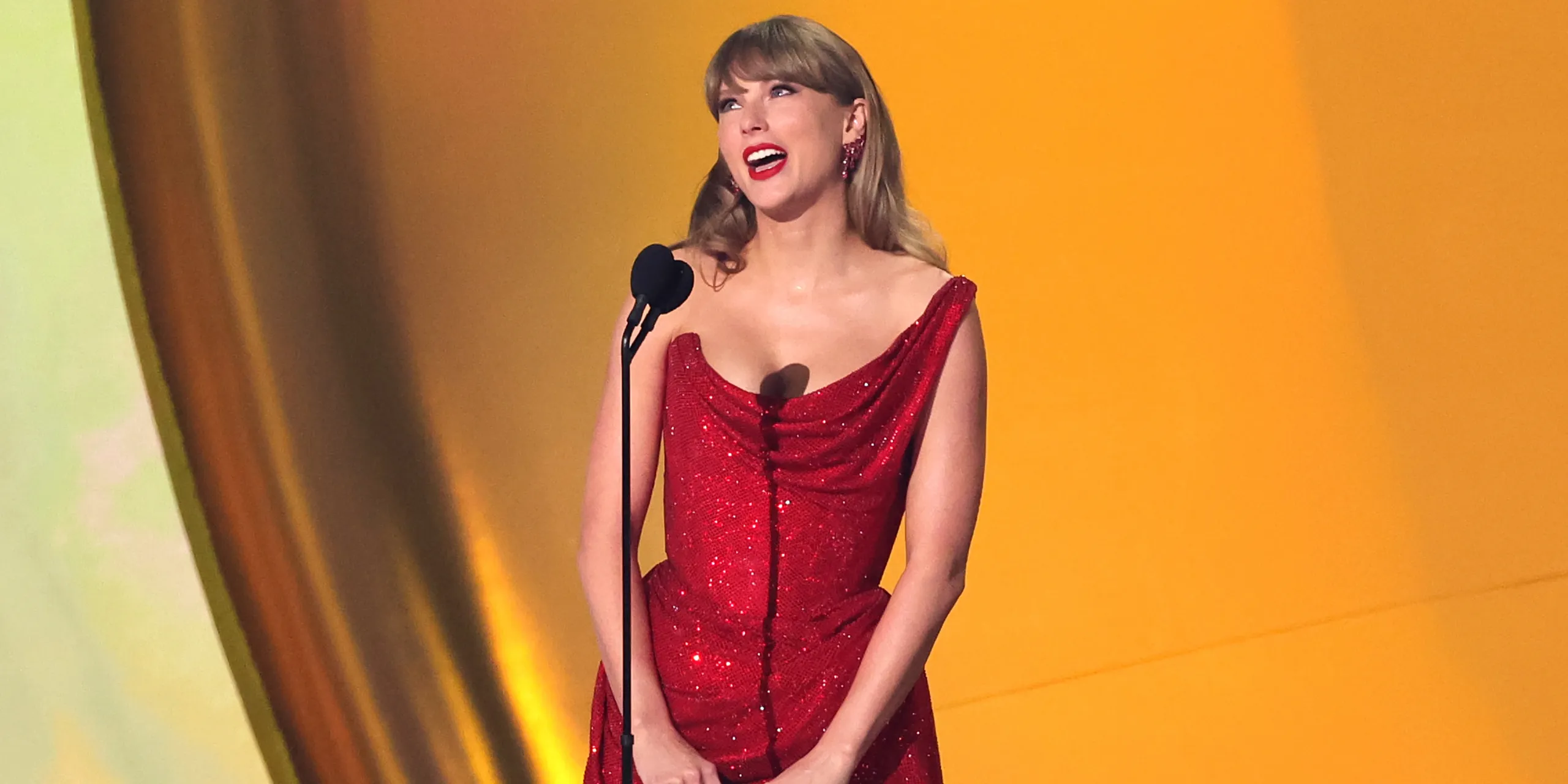
The guest, a teenager gussied up in a crisp navy suit and a red bowtie that gave him an uncanny heft, smiled a sly smile as he took in the question that the interviewer, also wearing a suit, had trotted out. The teenager, Suborno Isaac Bari, an NYU sophomore who spoke in the measured cadence of a college professor, looked 14, maybe 15—in reality, he is 13 years old. Hassan Minhaj, the interviewer on the other side of the blue room wearing a black suit and a black tie, had asked him a question that would otherwise be bizarre for any other thirteen-year-old. “If the universe is governed by mathematical laws, as you’ve described, is free will an illusion? Or does quantum randomness open a door for it?” He had asked. I was sleepy—it was around 11pm—and slightly inebriated when those words floated from my phone speakers into my ears.
Lying on my bed, I allowed my gaze to burrow into the striped black-and-white blinds to my right and watched my mind—hazy, amorphous—slip into a lull, that soggy interstice between the dream world and awake land. Fragments of the sci-fi television series Foundation floated into my mind. In the evening that day, I had binged on a couple of episodes. I heard the voice—perceived the memory rather—of Demerzel, a sentient humanoid robot from the series, saying something to the effect of how humans are fated to ultimately obliterate themselves. Hours before then I had watched Donald Trump sulk about losing the Nobel Peace Prize. His rant struck me as incongruous considering he continues to roil the belly of imminent conflict in the US by casually deploying the National Guard in cities across the US.
I remembered another video I had watched, this one was about the seemingly intractable rise of AI slop. Beyond AI slop, the technology is increasingly being deployed by bad actors to impinge on the agency and privacy of women. These generative tools have been put to work in stripping women, covering them up, and enacting the perverted fantasies of these men—the common thread in all of this: the desire to control, to subjugate, to dehumanize. If all of this sounds dystopian, it’s because it is. The world is seemingly hurtling towards a tragedy of cosmic proportions, we all know this, and yet capitalists continue to chip away at our chances of a better future, all for a few more billion dollars?
Transitioning from this rather grim introduction to the sunny world of pop culture might seem too tidy, glib perhaps. Nonetheless, it’s undeniable that popular culture possesses a distinctive escapist allure. It beats the mind how a comedy special or social media banter can, however fleetingly, provide pause from the maelstroms of everyday life. As I watched the internet bicker ferociously over whether Madam Joyce was wrong or grossly wrong for claiming to not know Asa; and watched social media mourn the end of MTV videos, I experienced for myself this escapist charm pop culture supplies so generously. In this episode of PopTakes, I give my, famously canny, takes on the aforementioned topics and a slew of others.
MTV Base Shuts Down Music Channels Across Europe and Africa

Last week, as I languidly perused the social media app X, I came across a tweet claiming MTV Base had axed its music operations across Europe and Africa, my first thought was “This is not happening.” But of course it was. Explaining the decision, the channel has cited declining profits as platforms like YouTube and TikTok continue to supplant traditional music video channels. To be entirely honest, a part of me feels like the channel did not fight enough to maintain relevance. The part of my heart that feverishly champions this kind of thinking is probably my teenage self who would spend afternoons after school with friends or with my siblings watching curated selections of music videos. Fridays were especially gratifying for me.
On Saturdays by 6pm, I’d race my siblings to the parlor, abandoning the desktop computer in my room which was loaded with an assortment of games, where the intro song of the Official Top Ten Naija show, then hosted by celebrity VJ Ehiz, would be playing. It was in that show, and similar shows, that my earliest passions for pop culture, the music industry, were stirred. I wanted to be an artist, a video director, a DJ, a host in the lineage of Ehiz and Soundcity Africa’s VJ Adams. All of which is to say the news triggered a wave of nostalgia and that my take here may be biased. And yet I feel like if the channel had taken a more inventive approach to content creation they might have been able to compete reasonably in this age of content saturation.
Part of why I enjoyed MTV Base as a child was the music videos but the other part of its appeal came from factors such as the host’s commentary, the arguments that each list would foment, and, of course, the guests that would come on the show. Platforms like TikTok and YouTube might try to approximate this level of programming but they almost always falter in some regard. The reason: programming is something that TV Channels do exceptionally well. Imagine bringing all this know-how to the digital space, they’d absolutely kill it and kindle interest in their television shows.
The Internet Gets Into A Frenzy Over Madam Joyce’s Comments On Asa

The purple couches are adjacent to each other. In front of them are black, low-hanging microphones. Viewed from above, the couches form an L shape. On one couch is the host Madam Joyce, a popular UK-based podcaster. On the other couch is Nigerian singer BOJ. The conversation has been going great when Madam Joyce makes a blunder that upsets the sanguine flow of the conversation.

In response to BOJ listing the legendary Nigerian singer Asa as one of his idols, Madam Joyce says: “Is it bad that I don’t know who that is?” Since the episode aired, a huge swath of the internet has criticized her ignorance, just as BOJ predicted in the episode: “You don’t know Asa? This is going to go crazy.”

I get why people may feel sleighed by Madam Joyce’s ignorance: Asa is a legend, more than that, a national treasure. But I also think that the deluge of indignation directed at her is misplaced as she’s neither a Nigerian nor an Afrobeats podcaster, as many have wrongly claimed. She’s just a British podcaster who makes fun, drama-filled podcasts with friends and acquaintances. It would have been great if she knew who Asa was but holding that against her?
Taylor Swift Breaks Record For Biggest First Week Album Sales

Something unusual happened when Taylor Swift released her 12th studio album—The Life of a Showgirl. Critics, social media commentators, casual music fans, even some of the most dedicated Swifties, seemed to unanimously judge the project as middling (or in internet speak: mid.) Too safe, too commercial, somewhat inauthentic—the reviews mostly claimed. Pitchfork, the eminent critical publication which in 2020 rated Folklore an 8.0—rated TLOAS a 5.9 (sheeshhh.) The title of a New Yorker article reads: “Taylor Swift Sounds Stuck.” Other reviews were similarly unflattering, to say the least.
As such I adjusted my expectations around the album’s commercial performance. Of course, she’d move an incredible amount of units—she’s Taylor Swift!—but nothing too crazy. I couldn’t have been more wrong. She ended up selling around 4 million units—you might need to pause for a minute to take in how incredible this is. This is happening in an era when the average A-list artist would break a sweat to move even 400,000 album-equivalent units. With this Swift broke the record for biggest single-week album sales, previously set by Adele's 25 in 2015. At the risk of sounding like a Swiftie—and to be clear I’m not, not even close—Taylor Swift might just be as big as the Super Bowl (pun intended.)
